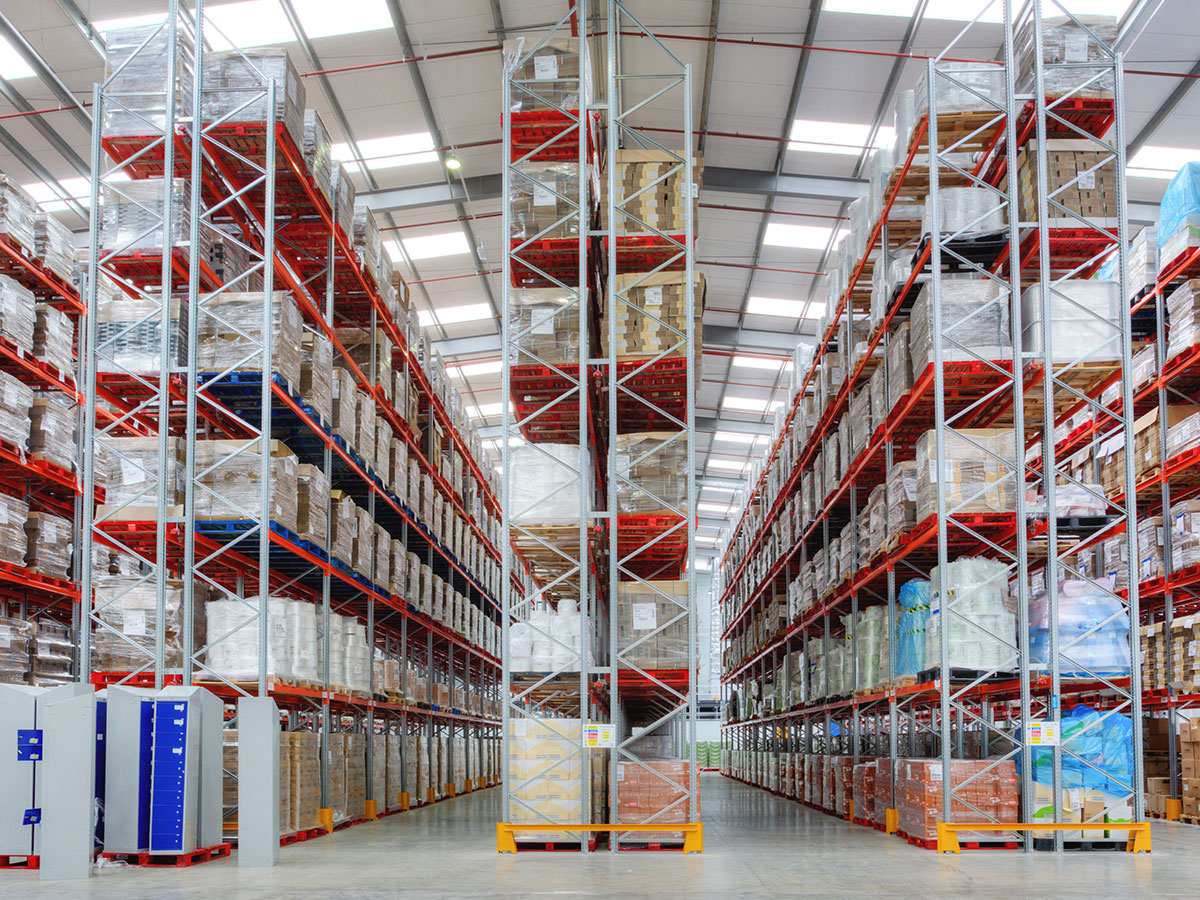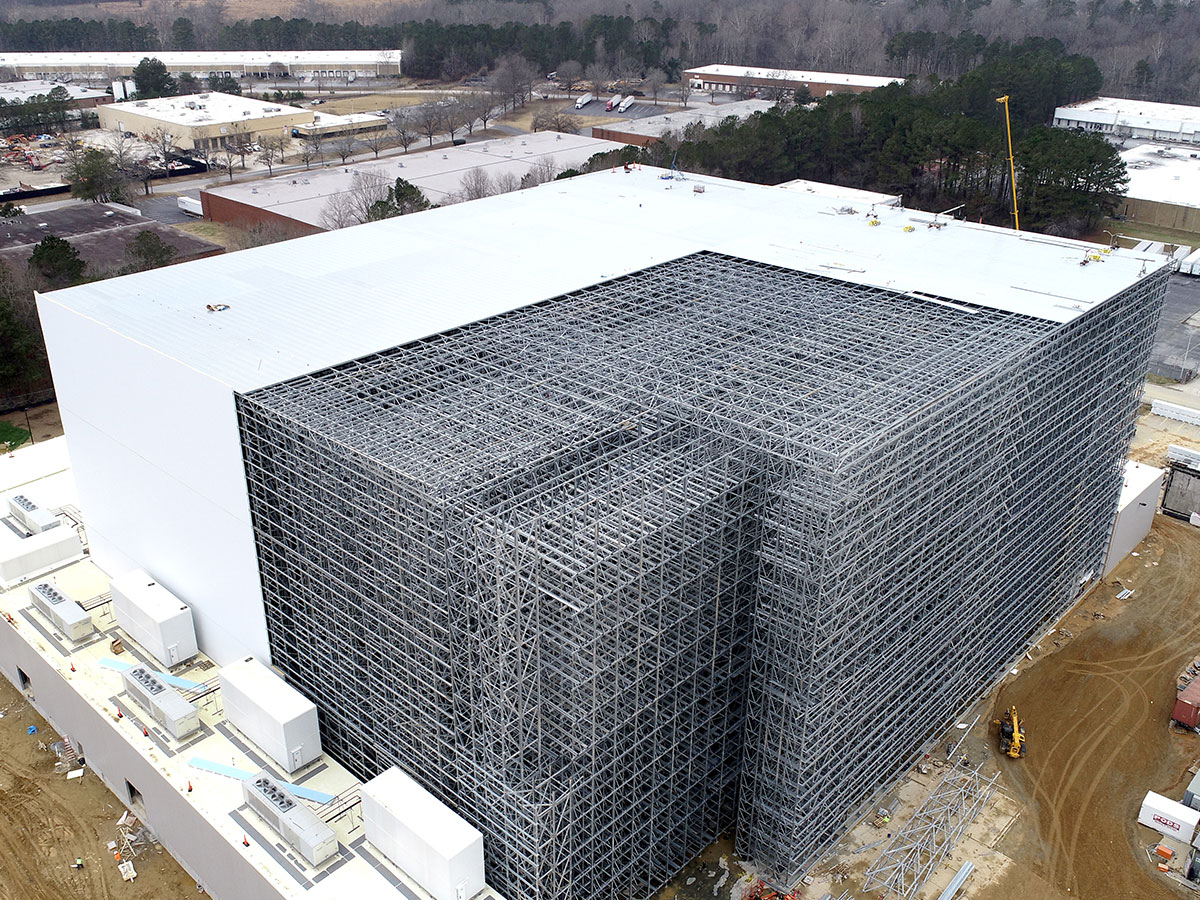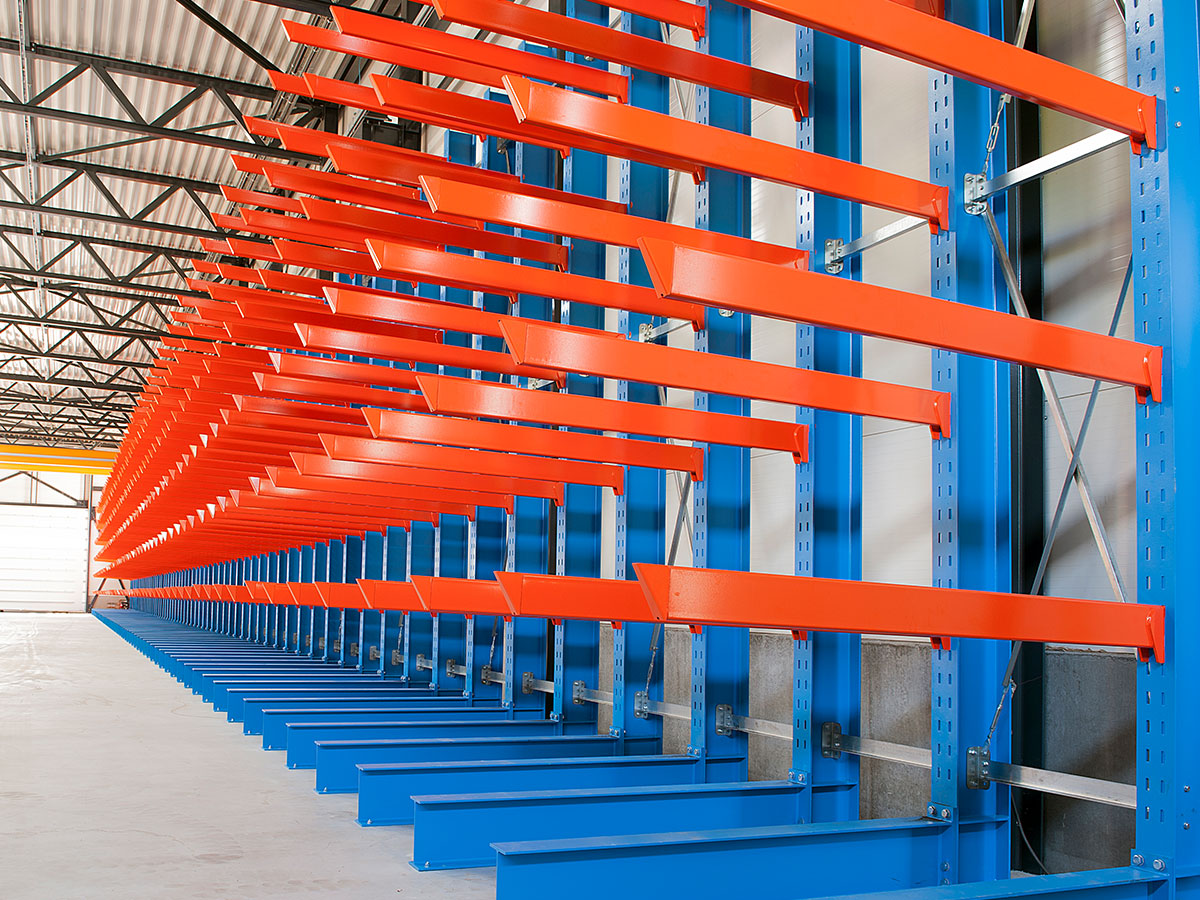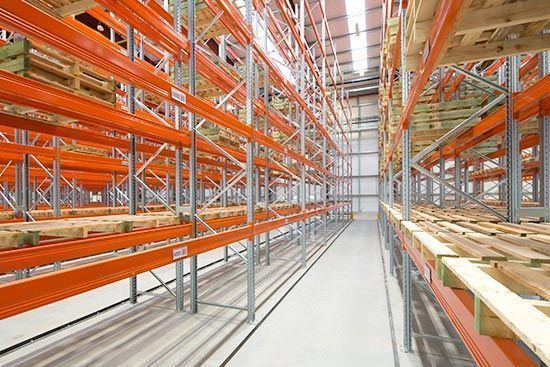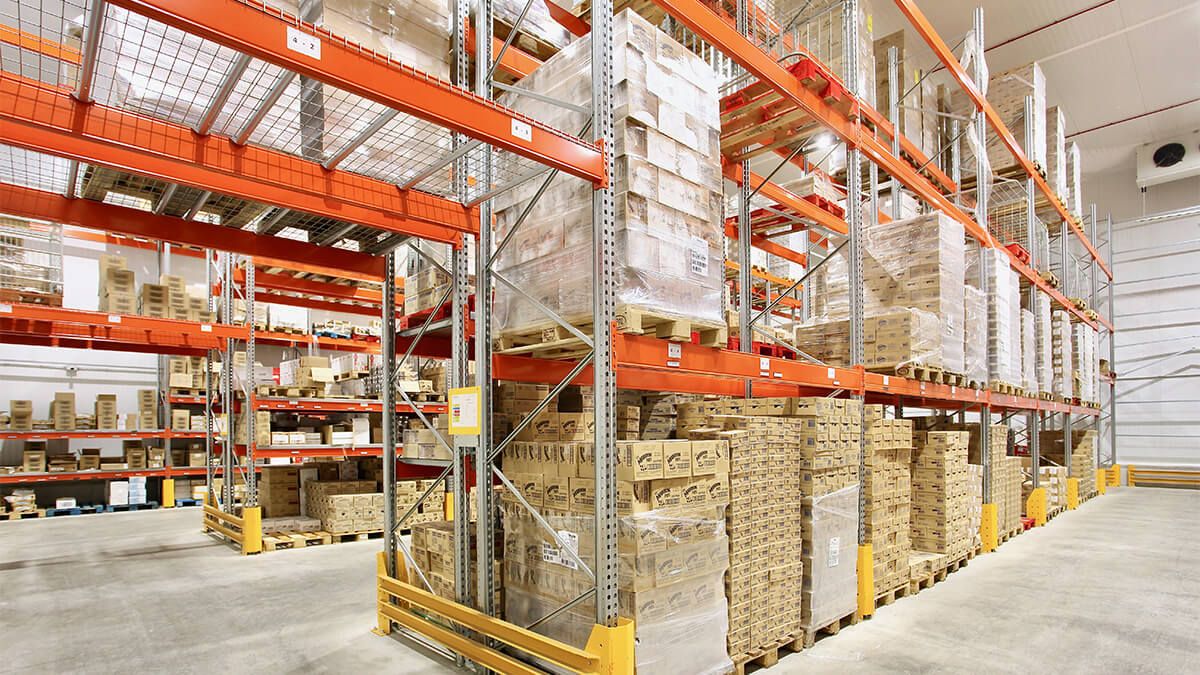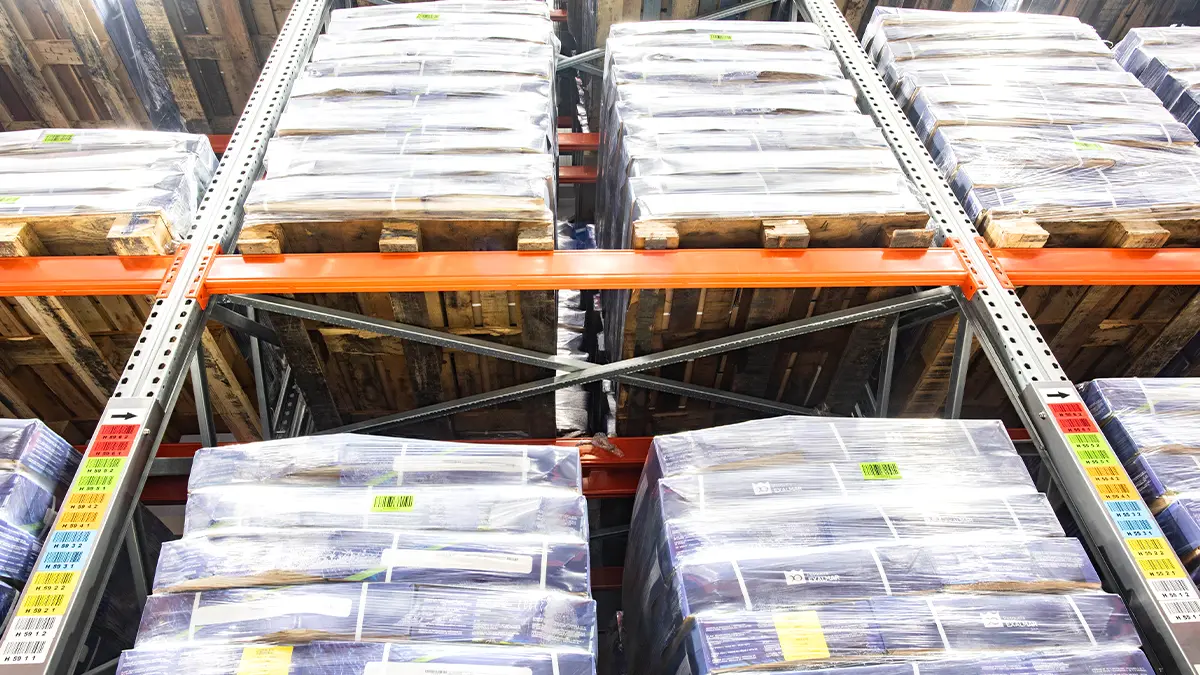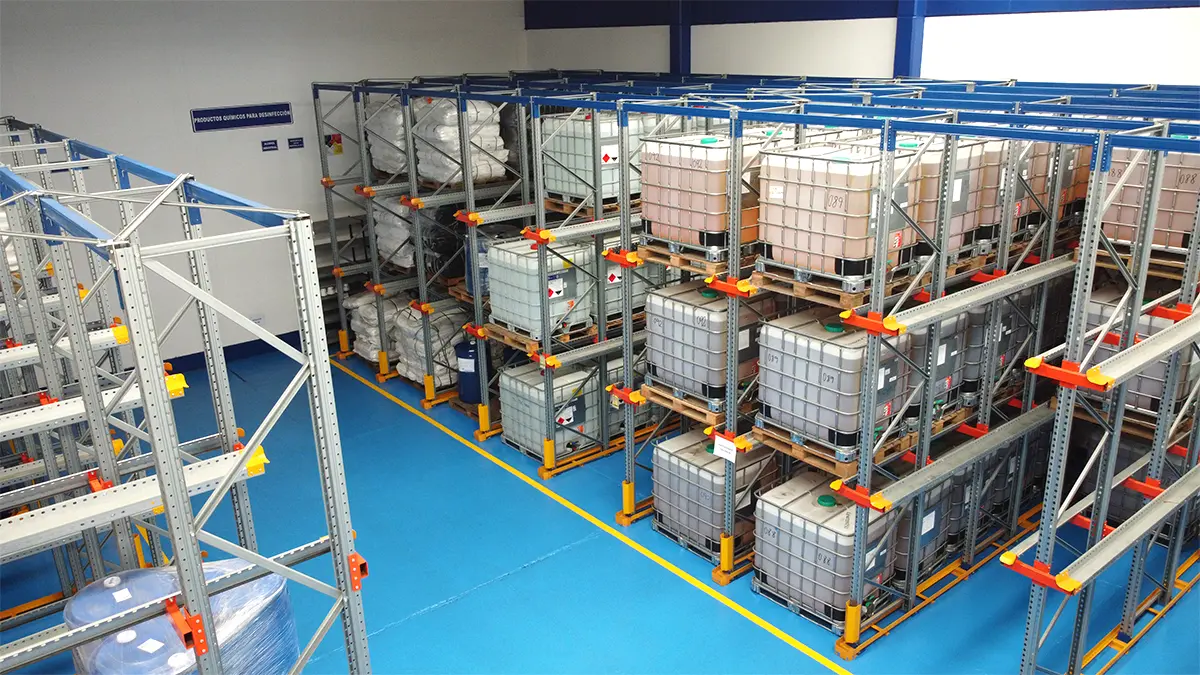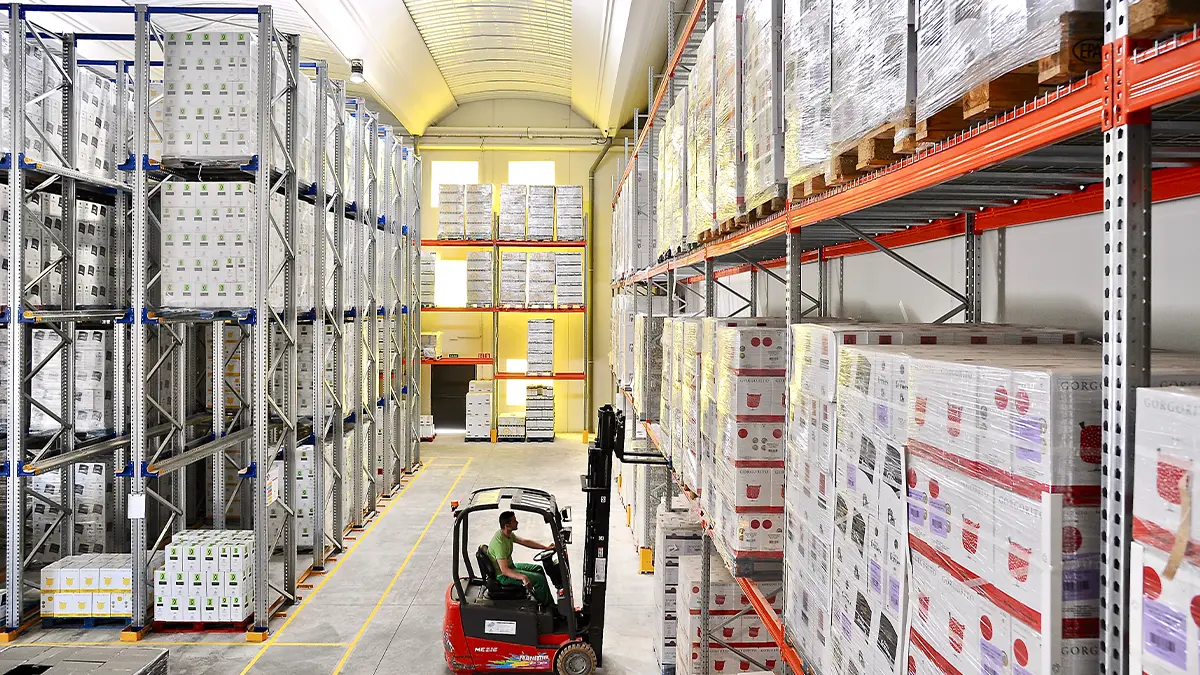Logistics is the process that is responsible for planning, implementing and efficiently controlling the flow and storage of goods from their point of origin to their final destination, to satisfy customer needs.
It is a key element in companies to maintain competitiveness, agility and effectiveness in a dynamic and globalised business environment.
What is logistics for in a company?
Logistics serves as a link between the different stages of the delivery of a service or product and its purpose is to meet agreed deadlines and guarantee continuous supply.
Nowadays it is vital that the logistics operation is effective for a company, in order to meet customer demands and increase competitiveness.
Another important thing is to be able to supply raw materials and products swiftly, so that the final product reaches the customer in the shortest possible time.
For this, good inventory management is essential to avoid stockout situations.
A company’s logistics functions
A company’s logistics serves as a link between the different processes of a supply chain and is divided into several functions:
- Supply: Managing stock in the warehouse, receiving items, synchronising multiple locations in the facility and processing orders.
- Production: In many production centres, manufacturing has been decentralised. This is why many less complex manufacturing processes are carried out in warehouses.
- Distribution: Order preparation is another important part of logistics. This is done according to individual product demand.
- After-sales: Due to the rise in online sales, logistics must also manage product returns and their cost. For this it is essential to correctly completely the previous steps.

Basic concepts of logistics
The growth of e-commerce and the digitisation of companies has led to a transformation in the world of logistics. These are some of the concepts on which it is based.
- Supply chain management: It is the process of planning and controlling supply chain operations in order to satisfy the customer.
- Point of origin: It is the issuing point for finished products, ready to be delivered to the customer who has purchased them. It is the initial point of the logistics chain.
- Distribution: It is the transportation of products to the end customer.
- Stock: Also known as inventory, it is the amount of stock of materials or products in a warehouse.
- Storage: It is the activity of storing materials in a warehouse.
- Operating costs: These are the costs that are generated during the logistics process. The main idea is to reduce them while respecting agreements with the customer.
- Point of destination: It refers to the point at which finished products are delivered to the customer or supplier. The destination is always the final point of the logistics chain.
- Last mile delivery: It is the final stage of the product delivery process.
- Reverse logistics: This concept focuses on how to return a product from the customer to the supplier.
What is the 7C methodology in logistics?
The application of the 7C methodology (7 aspects, properly executed) in logistics of a company is focused on improving different aspects related to supply chain management, distribution, storage and the flow of products or services.
By implementing 7C in logistics, the aim is to optimise processes, improve efficiency and ensure customer satisfaction.
The 7 elements that must be correctly selected to apply this methodology are described below:
- The right product
The quality of the goods is essential for the proper functioning of logistics processes.
- The right customer
Customer satisfaction is one of the most important factors. We must guarantee that shipments reach their destinations.
- The right amount
Good stock management is essential to deliver our product at the optimal time and to avoid stockout.
- The right condition
The product must maintain its quality until it reaches the end customer. For this we must both know our goods well and what the customer needs.
- The right place
The company must have a correct location or place to store the material, to ensure both the good condition of the material and the warehouse in which it is stored.
- The right time or deadline
Time is very important, so any delay means an additional cost.
- The right cost
It is important to reduce or optimise logistics costs as much as possible.
The impact of technology on logistics in the future
Future logistics will largely depend on technology due to its ability to transform efficiency in processes. Innovations such as automation, artificial intelligence and data analysis promise to optimise logistics operations, which will result in a significant reduction in long-term costs and delivery times.
This improvement in efficiency will be crucial in all companies to maintain competitiveness in an increasingly complex and constantly evolving market.
Another foreseeable relevant aspect is the ability of technology to predict demand more accurately. This will allow for more effective planning of inventories and distribution routes, and the installation of more agile and efficient storage systems, which will result in even greater optimisation of resources and a faster response to market needs.
Finally, constant technological innovation in transportation, such as the implementation of drones or autonomous vehicles for the delivery of goods promises to revolutionise speed and efficiency in distribution as well. These new technologies can represent a significant advance in last mile delivery, ensuring a faster and more effective response to consumer demands.

The growing importance of sustainability in logistics
Little by little in this sector, like in most, sustainability is starting to be implemented. Companies are expected to adopt greener practices such as the use of electric vehicles, the implementation of renewable systems, waste reduction, sustainable packaging and storage, etc.
Green logistics is an increasingly present concept. It involves minimising the impact of logistics processes on the environment, such as reducing pollution or using resources more efficiently. All this can have a positive impact on companies for reasons such as reducing pollution, reducing transportation costs, lower packaging costs, better image, reducing losses and automating warehouses.
Do not hesitate to contact our team of experts at AR Racking to optimise your supply chain by installing the most appropriate storage solution for your warehouse.




